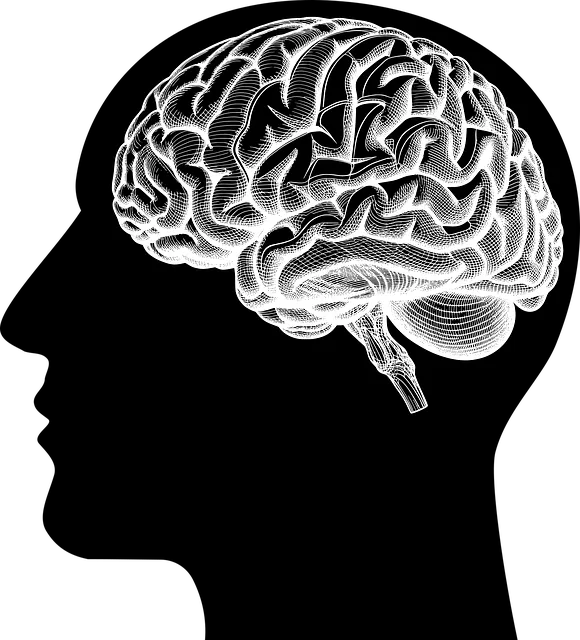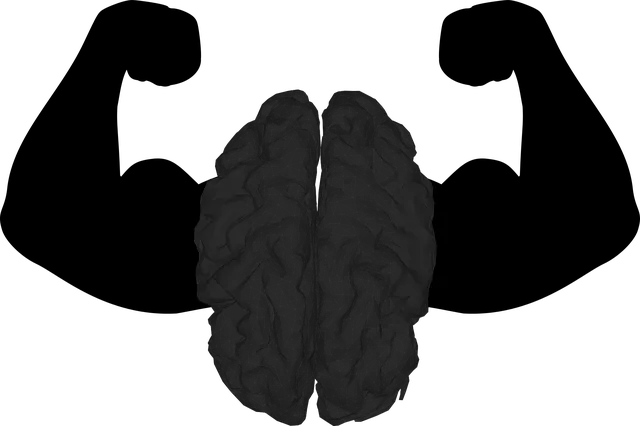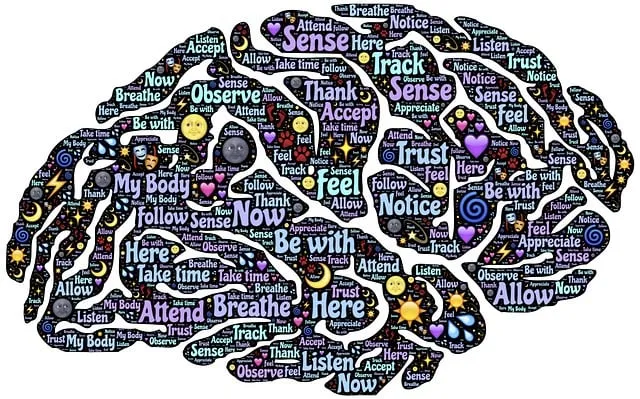The Wheat Ridge Kaiser Permanente Mental Health Access Center serves as a global model for effective mental health policy alignment, offering integrated and accessible services through holistic approaches that tackle symptoms and societal issues like stigma. Its innovative programs, advocacy, and public education campaigns empower individuals, improve patient outcomes, and promote equal access to quality care, setting a benchmark for future mental healthcare initiatives.
Mental health policy analysis and advocacy are vital components in ensuring equitable access to quality care. This article delves into three key areas: understanding the intricate web of mental health policies and their profound impact on care accessibility; exploring the Wheat Ridge Kaiser Permanente Mental Health Access Center, a pioneering model for enhancing treatment reach; and uncovering effective advocacy strategies to drive policy improvements and transform mental healthcare services. By examining these aspects, we aim to shed light on innovative solutions inspired by real-world examples, like the Wheat Ridge center, that can shape more inclusive and responsive mental health policies.
- Understanding Mental Health Policy and Its Impact on Access to Care
- The Wheat Ridge Kaiser Permanente Mental Health Access Center: A Model for Change
- Advocacy Strategies for Improving Mental Health Policies and Services
Understanding Mental Health Policy and Its Impact on Access to Care

Understanding mental health policy is key to unearthing the complexities surrounding access to care. These policies shape the landscape of services available, influencing how individuals navigate support for their emotional well-being. At the heart of this discussion lies the Wheat Ridge Kaiser Permanente Mental Health Access Center as a beacon of hope for many—a testament to what can be achieved when policy and practice align effectively. By prioritizing mental health within healthcare frameworks, such centers ensure that services are integrated, accessible, and tailored to diverse needs.
This holistic approach addresses not only the symptoms of mental illness but also tackles the deeper societal issues, including stigma reduction efforts and emotional well-being promotion techniques. Public awareness campaigns development plays a pivotal role in this process, fostering an environment where individuals feel empowered to seek help without fear of judgment. Through these policy interventions, communities are equipped with the tools necessary to recognize, support, and advocate for better mental health outcomes on both individual and societal levels.
The Wheat Ridge Kaiser Permanente Mental Health Access Center: A Model for Change

The Wheat Ridge Kaiser Permanente Mental Health Access Center is a remarkable initiative that serves as a model for enhancing mental healthcare accessibility. This center focuses on providing comprehensive services to the community, addressing a critical need in many regions. By integrating various mental health resources under one roof, it offers a holistic approach to treatment and support. The facility includes specialized clinics, therapy rooms, and community spaces designed to cater to diverse populations with different needs.
One of its key strengths lies in the Mental Health Education Programs Design, which empowers individuals to take charge of their well-being. These programs aim to improve self-esteem and provide valuable coping strategies, fostering a sense of resilience among participants. Through advocacy and analysis of existing mental health policies, the center strives to ensure that everyone has equal access to quality care. Its innovative practices have undoubtedly contributed to improving the lives of many and setting a benchmark for future mental healthcare initiatives.
Advocacy Strategies for Improving Mental Health Policies and Services

Advocacy plays a pivotal role in shaping mental health policies and services. Effective strategies include raising awareness through public education campaigns that dispel stigma and promote understanding of mental health conditions. Engaging with policymakers, healthcare providers, and community leaders can help drive policy changes that improve access to quality mental health care, such as expanding insurance coverage for mental health services or increasing funding for evidence-based programs.
Wheat Ridge Kaiser Permanente’s Mental Health Access Center serves as a model for integrating comprehensive care. Implementing initiatives like Mental Wellness Coaching Programs Development, Social Skills Training, and Communication Strategies has demonstrated success in enhancing patient outcomes. These approaches not only improve access but also foster resilience, empowerment, and recovery among individuals facing mental health challenges. By leveraging advocacy and innovative service models, we can work towards a more inclusive and supportive community for all those seeking mental wellness.
Mental health policy analysis and advocacy are essential components in ensuring equitable access to quality care. By learning from innovative models like the Wheat Ridge Kaiser Permanente Mental Health Access Center, we can develop more effective strategies to improve mental health policies and services. Advocacy efforts must focus on increasing awareness, challenging stigmatization, and promoting evidence-based practices to create a more inclusive and supportive societal landscape for those facing mental health challenges.






